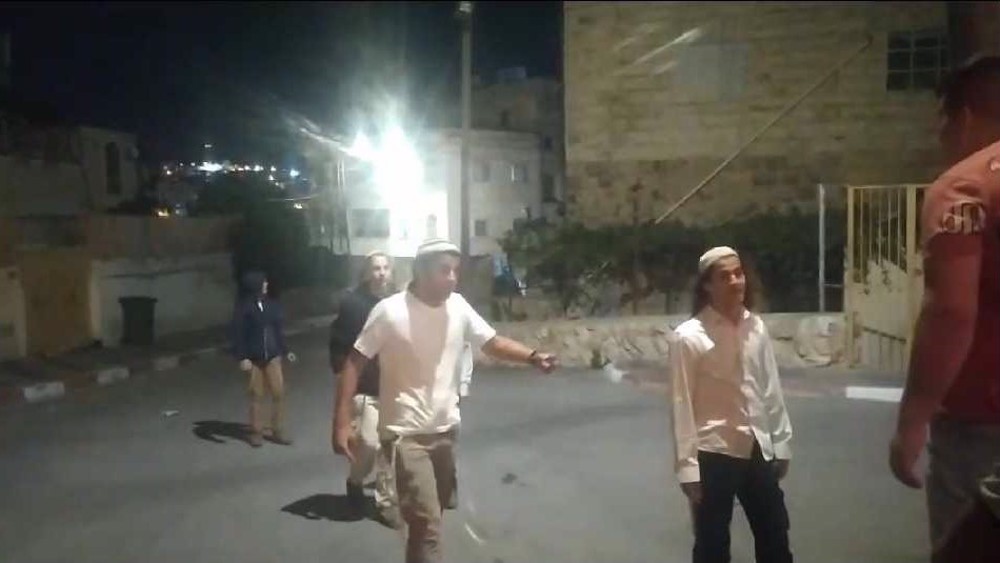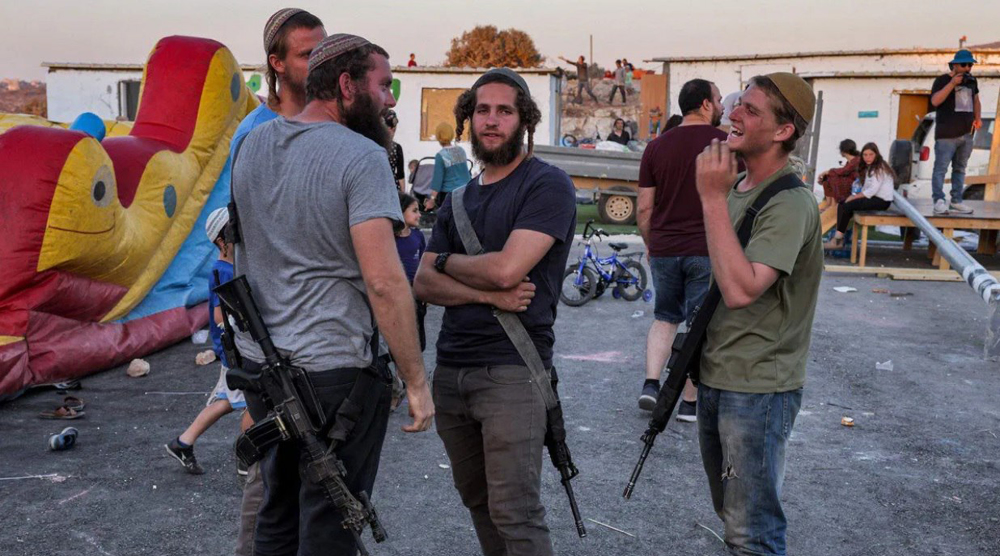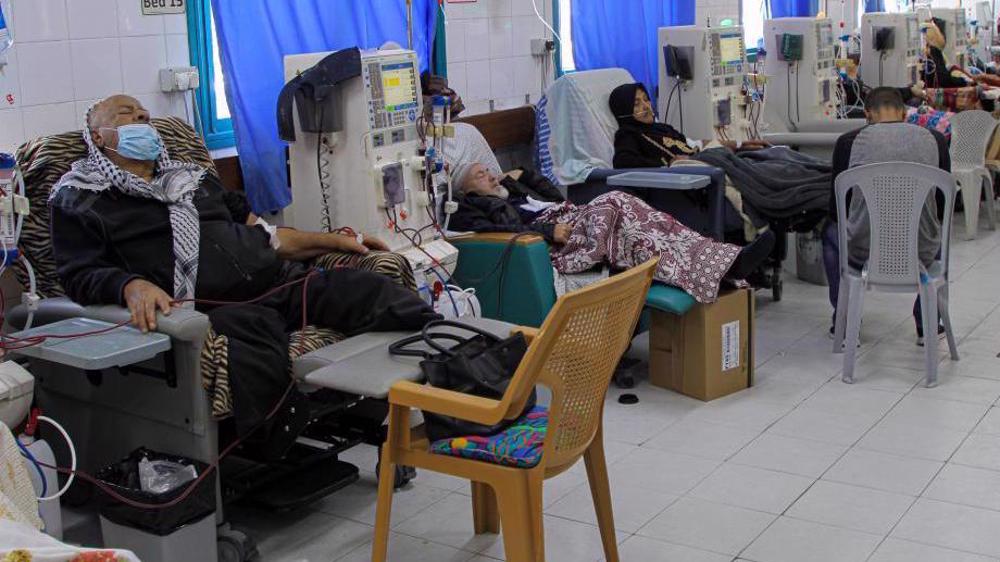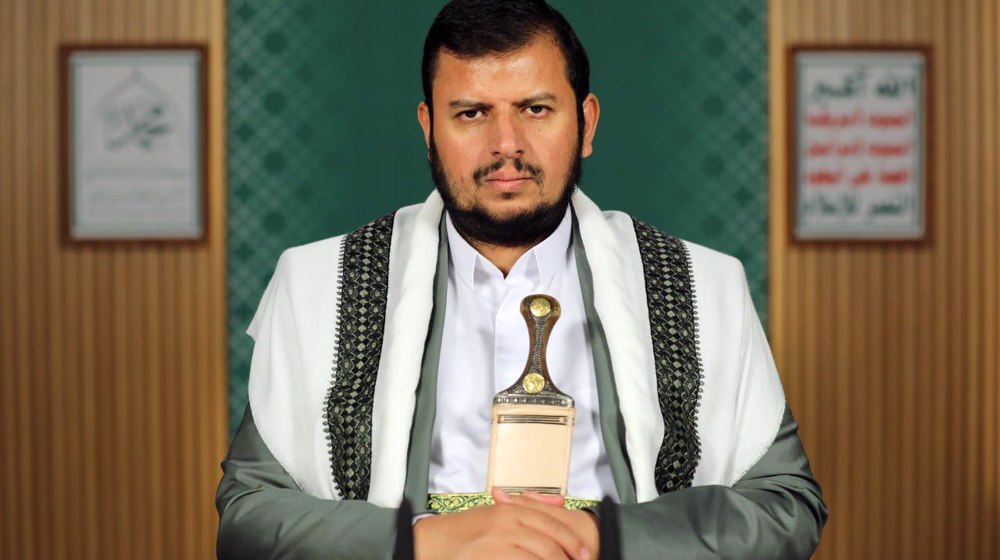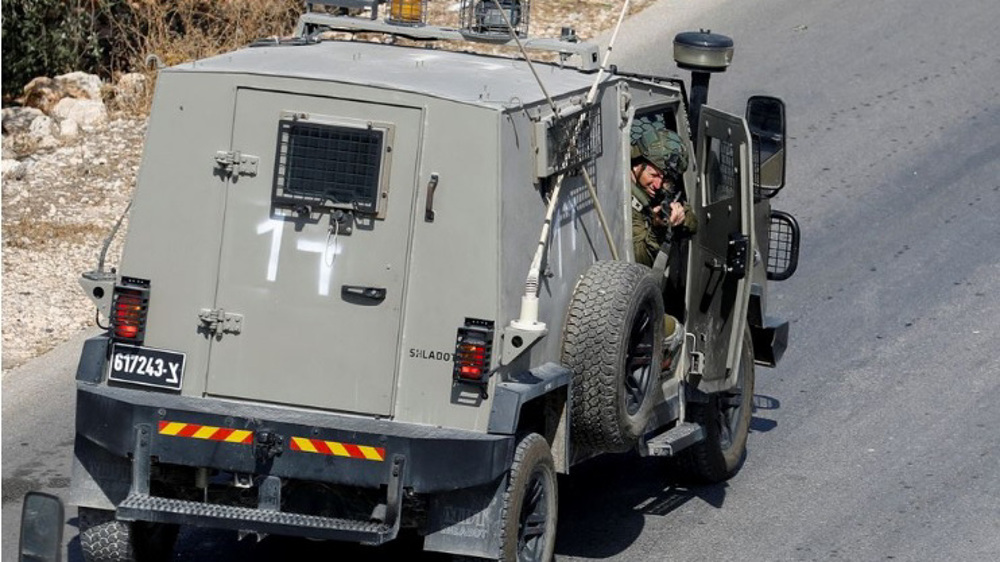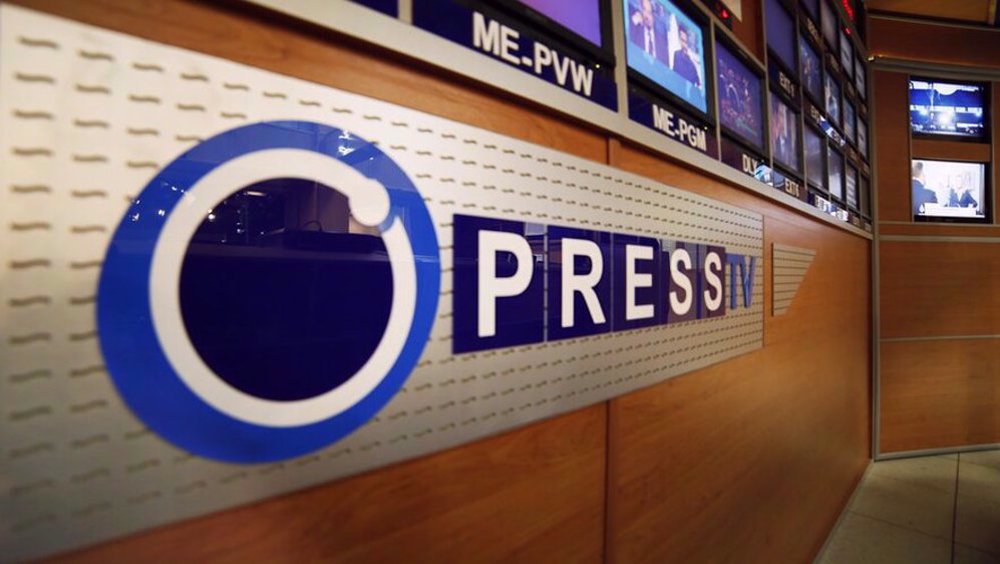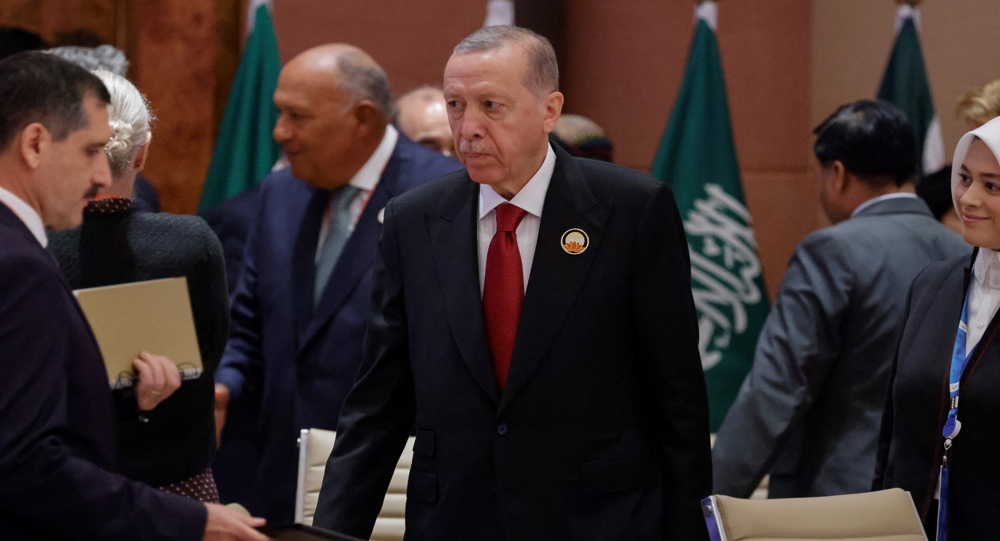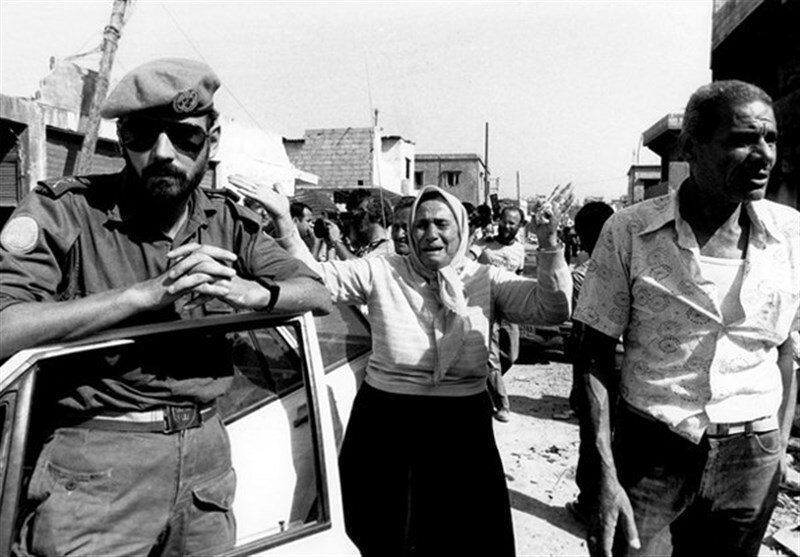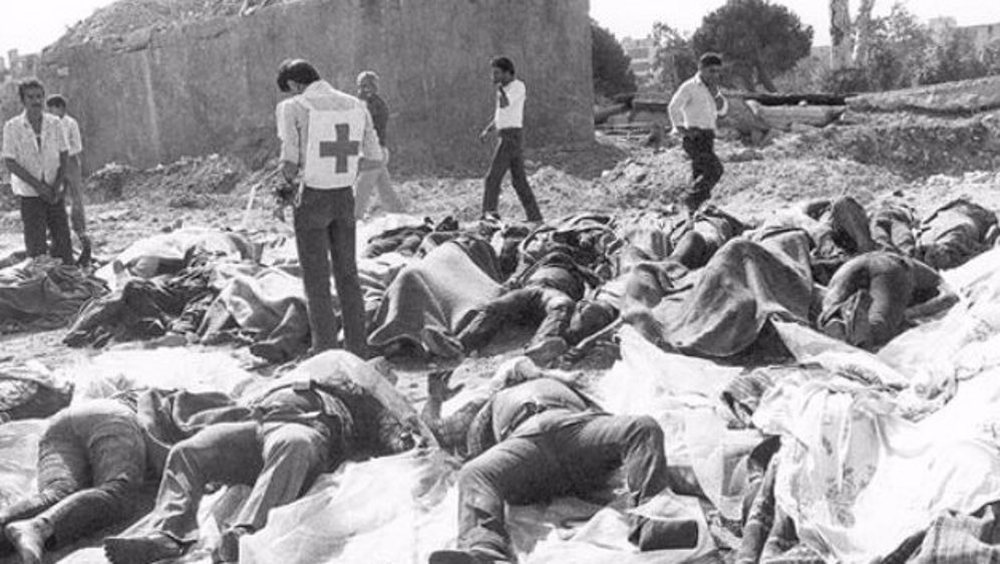A group of Israeli settlers, escorted by Israeli forces, have raided the southern West Bank city of al-Khalil (Hebron), stabbing a young Palestinian man in the back.
The man, identified as Abdullah Ragheb Abu Eisha, suffered knife injuries after the settlers attacked Palestinians and their homes in al-Khalial’s Tel Rumeida neighborhood on Saturday evening, Palestinian media reported.
During the violent raid, some Israeli settlers pelted Palestinians with stones and bottles and shattered the windows of their houses.
Also on Saturday, Israeli settlers celebrated after taking over a Palestinian house near the Ibrahimi Mosque in the Old City of al-Khalil.
Roughly 160,000 Palestinians live in al-Khalil. The city is also home to about 500 Israeli settlers, who frequently commit brutal assaults against the local Palestinians.
Settler violence against Palestinian people and their property has long become routine in the occupied West Bank and is rarely prosecuted by the Tel Aviv regime.
On the same day, dozens of Palestinians were injured in a raid by Israeli troops on the town of Beita following confrontations with the raiding Israeli forces.
Residents told the official Palestinian news agency WAFA that Israeli forces raided Beita in the early hours of the day, broke into several houses, and violently ransacked them before firing tear gas canisters indiscriminately in a number of neighborhoods.
Tensions have been running high across the West Bank over the past year, with the Israeli military conducting near-nightly raids.
More than 200 Palestinians have been killed in the occupied territories since the start of the year at the hands of the occupation soldiers.

